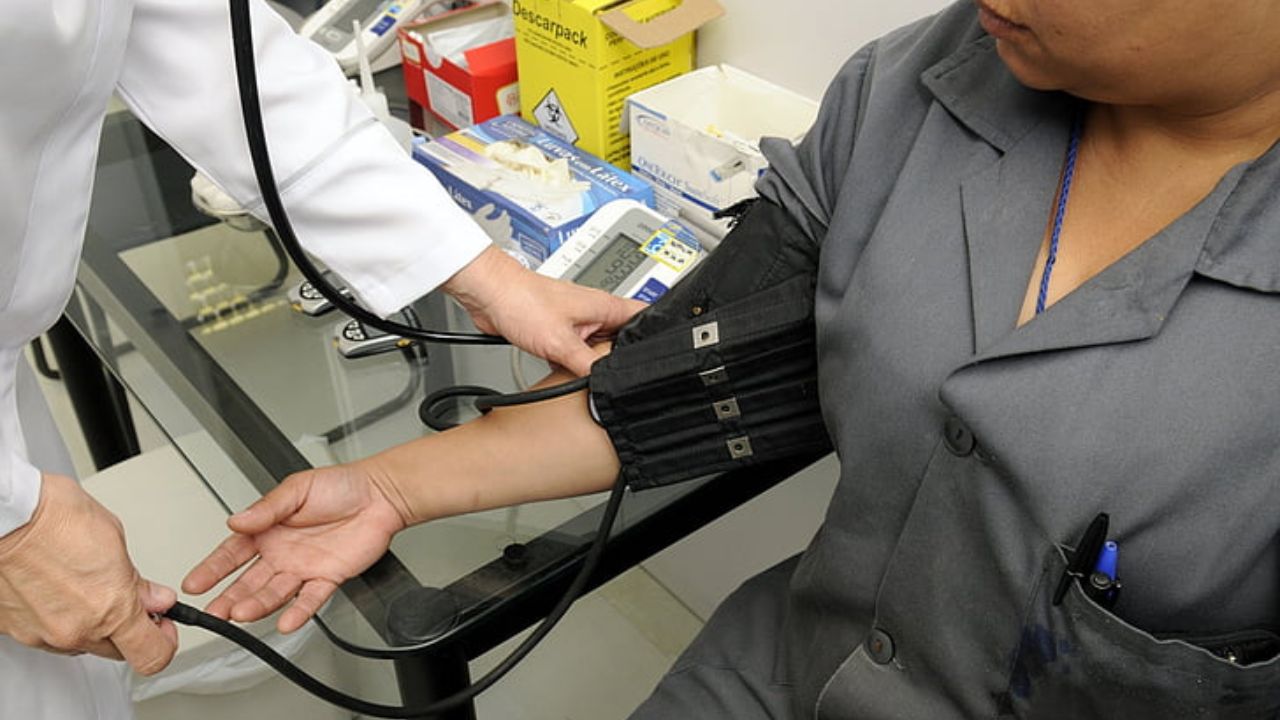NEW DELHI (Diya TV) — Experts warn of a concerning rise in non-communicable diseases (NCDs) in India, attributing the trend to increased stress, sedentary lifestyles, and unhealthy habits such as junk food, smoking, and alcohol consumption. Apollo Hospitals’ latest Health of Nation Report reveals alarming statistics, with one in three Indians pre-diabetic, two in three pre-hypertensive, and one in ten suffering from depression.
Dr. Anil Arora, Chairman of Gastroenterology at Sir Ganga Ram Hospital, highlights a worrying shift towards fatty liver diseases, obesity, diabetes, and heart issues among the younger population. Dr. Ishwar Gilada, an infectious disease expert, points to altered lifestyles, including unhealthy habits and decreased physical activity due to the work-from-home culture, as contributing factors.
The report identifies cancer, diabetes, hypertension, cardiovascular diseases, and mental health disorders as major health concerns. Notably, cancer rates in India exceed global averages, with a decrease in the average age of diagnosis. The most common cancers in India are Breast, Cervix, and Ovary in women, and Lung, Mouth, and Prostate in men.
Hypertension cases have risen significantly, from 9% in 2016 to 13% in 2023, with two out of three Indians moving towards high blood pressure. Additionally, one in ten individuals has uncontrolled diabetes, and one in three is pre-diabetic. Depression prevalence is also escalating, with one in every ten individuals screened showing signs of depression. Most concerning is the high percentage of depression among young adults aged 18 to 25, with one in five affected.
These diseases pose a substantial economic burden, with projections indicating a potential cost of $3.55 trillion in lost economic output by 2030. To address these challenges, Apollo Hospitals has introduced ‘ProHealth Score,’ India’s first digital health risk assessment tool. Designed to empower individuals in making informed health decisions, the ProHealth Score aids in assessing health and well-being, potentially mitigating disease risks and promoting a healthier lifestyle.




